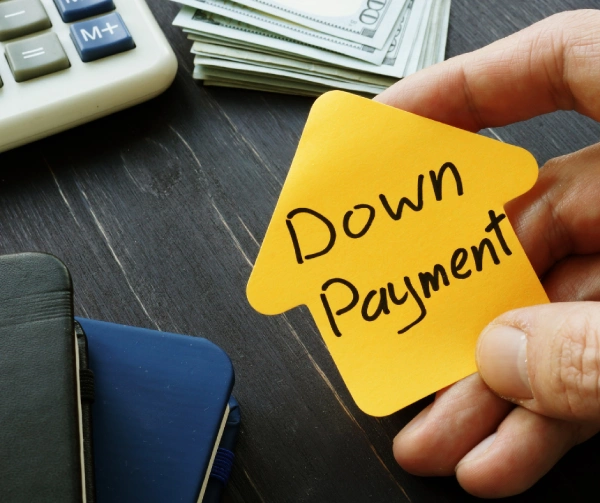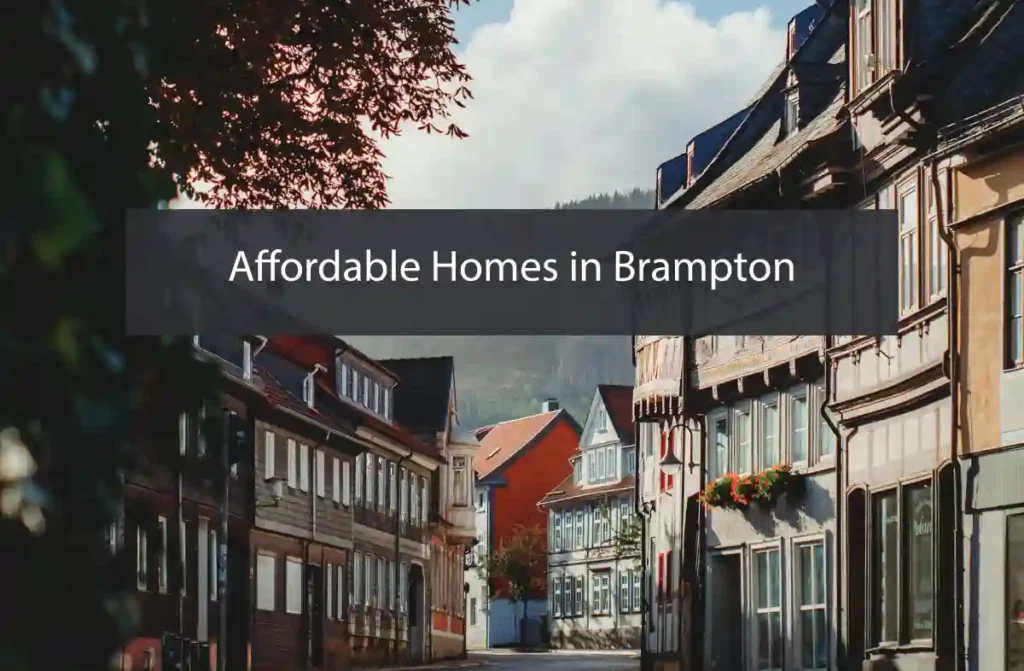Introduction
Buying a home is one of the most significant investments many people will make in their lifetime. Understanding https://realestatejot.info/how-to-calculate-the-down-payment-for-a-home/ is crucial in the home-buying process. This article will delve into the various aspects of down payments, including what they are, how to calculate them, and the factors that influence the amount needed. By the end, you will have a clear understanding of how to approach your down payment, making your journey to homeownership smoother and more informed.
What is a Down Payment?
A down payment is the initial cash payment made by a homebuyer at the time of purchasing a property. This payment is typically expressed as a percentage of the home’s purchase price and is crucial in securing a mortgage. The larger the down payment, the less the buyer needs to borrow, which can lead to lower monthly payments and reduced interest costs over the life of the loan.
Importance of the Down Payment

The https://realestatejot.info/how-to-calculate-the-down-payment-for-a-home/ plays a vital role in the home-buying process for several reasons:
- Equity Building: A larger down payment means more equity in the home from the start.
- Lower Monthly Payments: The more you put down, the less you borrow, leading to lower monthly mortgage payments.
- Avoiding PMI: Putting down 20% or more can help you avoid private mortgage insurance (PMI), which protects the lender in case of default.
- Better Loan Terms: A substantial down payment can lead to better mortgage rates and terms.
How to Calculate Your Down Payment
Step 1: Determine the Purchase Price
The first step in calculating your down payment is knowing the purchase price of the home you wish to buy. This price is typically agreed upon by the buyer and seller during negotiations.
Step 2: Decide on the Down Payment Percentage
The next step is to determine the percentage of the purchase price you plan to put down. This percentage can vary based on several factors, including the type of mortgage, lender requirements, and your financial situation. Common down payment percentages include:
- 3% to 5%: Common for first-time homebuyers using FHA loans.
- 10%: A standard amount that many buyers use.
- 20%: Often recommended to avoid PMI and secure better loan terms.
Step 3: Use the Down Payment Formula
To calculate the https://realestatejot.info/how-to-calculate-the-down-payment-for-a-home/ use the following formula:
Down Payment=Purchase Price×(Down Payment Percentage/100)
Example Calculation
For instance, if you are purchasing a home for $300,000 and plan to make a 20% down payment:
Down Payment=300,000×(20/100)=60,000
In this example, your down payment would be $60,000.
Factors Influencing Down Payment Amounts

1. Type of Mortgage
Different types of mortgages have varying down payment requirements. For example, conventional loans typically require a higher down payment compared to FHA loans, which may allow for as little as 3.5%.
2. Lender Requirements
Each lender may have specific requirements regarding down payments. Some may offer programs that allow for lower down payments, especially for first-time homebuyers.
3. Financial Situation
Your financial health, including your credit score, income, and savings, can influence how much you can afford to put down. A higher credit score may qualify you for better loan terms, potentially reducing the need for a larger down payment.
4. Market Conditions
In competitive real estate markets, buyers may choose to offer larger down payments to make their offers more attractive to sellers. This strategy can help in securing a home in a bidding war.
Alternative Down Payment Options
1. No Down Payment Loans
Some loan programs, such as VA loans for veterans or USDA loans for rural properties, offer no down payment options. These can be excellent choices for eligible buyers.
2. Down Payment Assistance Programs
Many local and state governments offer down payment assistance programs to help first-time homebuyers. These programs can provide grants or low-interest loans to cover down payment costs.
3. Gift Funds
Family members may provide gift funds to help with the down payment. Most lenders require a gift letter stating that the money does not need to be repaid.
Tools to Help Calculate Down Payments

1. Online Calculators
Several online calculators can help you quickly estimate your down payment based on the purchase price and percentage you plan to put down. These tools can provide a quick overview of what to expect.
2. Financial Advisors
Consulting with a financial advisor can help you understand your financial situation better and determine the most suitable down payment for your circumstances.
Common Mistakes to Avoid
1. Underestimating Costs
Many first-time buyers underestimate the total costs involved in purchasing a home, including closing costs, which can add up quickly. Always budget for these additional expenses.
2. Not Shopping Around
Different lenders offer various down payment options and rates. It’s essential to shop around and compare offers to find the best deal.
3. Ignoring PMI
If your down payment is less than 20%, you may be required to pay PMI. Be sure to factor this into your overall budget when calculating your monthly mortgage payments.
Conclusion
Calculating the down payment for a home is a crucial step in the home-buying process. By understanding the factors that influence the down payment and using the appropriate formulas, you can make informed decisions that align with your financial goals. Whether you’re a first-time homebuyer or looking to upgrade, knowing how to calculate and approach your down payment can set you on the path to successful homeownership.
FAQs
1. What is the minimum down payment required for a home?
The minimum down payment varies depending on the type of mortgage. FHA loans may require as little as 3.5%, while conventional loans often require at least 5% to 20%.
2. Can I use gift funds for my down payment?
Yes, many lenders allow you to use gift funds from family members for your down payment, but a gift letter is usually required.
3. What happens if I can’t afford a large down payment?
If you can’t afford a large down payment, consider looking into no down payment loans, down payment assistance programs, or FHA loans that require lower percentages.
4. How does my credit score affect my down payment?
While your credit score doesn’t directly affect the down payment percentage, a higher score can qualify you for better loan terms, potentially reducing the amount you need to put down.
5. Are there any penalties for putting down less than 20%?
If you put down less than 20%, you may be required to pay private mortgage insurance (PMI), which adds to your monthly costs.





